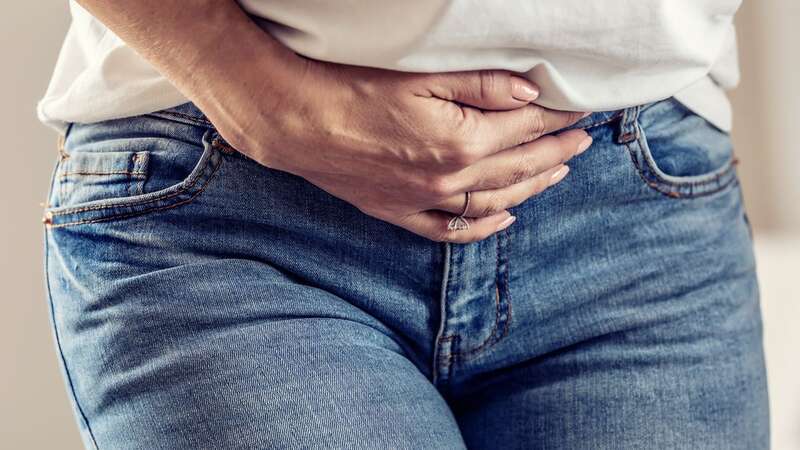
Not long ago I answered a reader’s letter about heavy periods, also called menorrhagia, but I feel the topic should have more exposure as it can be life-altering for those who have it.
Women should never accept menorrhagia as normal. There is an array of treatments available that can change their lives.
What do we mean when we talk about heavy periods? Often the flow is so heavy you need to change your pad or tampon every one to two hours, or empty your menstrual cup more often than is recommended.
You find yourself using two kinds of sanitary product together, such as a pad and a tampon. Your periods can last more than seven days and you pass blood clots larger than a 10p coin.
Sometimes the heavy bleeding can penetrate your clothes or bedding. Because so much blood is lost you have to avoid exercise, or take time off work because of your periods.
 New Year resolutions you should make for 2023 based on your star sign
New Year resolutions you should make for 2023 based on your star sign
You may also feel tired or short of breath if the blood loss means you get anaemic. Periods can be heavy at different times, such as when you first start your period, after having a baby or during menopause. But remember, irregular periods are never normal and you should alert your doctor to that.
Menorrhagia has a multitude of causes, different for each woman, but conditions affecting your womb, ovaries or hormones, such as polycystic ovary syndrome, fibroids, endometriosis and pelvic inflammatory disease are common triggers. Anticoagulant medicines (blood thinners) and chemotherapy can precipitate menorrhagia, and so can stress and depression. In rare cases, heavy periods can be a sign of womb cancer.
Even if you consider your heavy periods normal you should always check with your doctor if they’re affecting your life – or if you’ve had them for some time, you have severe pain during your periods, you have pain when peeing or pooing, or you bleed between periods or after sex. So what might your GP do? Firstly, they may suggest some types of contraception, such as an intrauterine system or the combined contraceptive pill.
Then there’s medicine to help reduce the bleeding, such as tranexamic acid, and prescription-only anti-inflammatory painkillers, such as mefenamic acid or naproxen. Besides treatment, you should have a blood test to check if you have iron deficiency anaemia and take an iron supplement if you do.
In the end though, if these treatments don’t work, or your doctor thinks a specific condition is causing your heavy periods, please make sure you see a gynaecologist.
Read more similar news:
Comments:
comments powered by Disqus

































